| |
|
|
Ecology |
|
Ecology (from Ancient Greek οἶκος (oîkos) 'house', and -λογία (-logía) 'study of') is the study of the relationships among living organisms, including humans, and their physical environment. Ecology considers organisms at the individual, population, community, ecosystem, and biosphere level. Ecology overlaps with the closely related sciences of biogeography, evolutionary biology, genetics, ethology, and natural history. Ecology is a branch of biology, and is the study of abundance, biomass, and distribution of organisms in the context of the environment. It encompasses life processes, interactions, and adaptations; movement of materials and energy through living communities; successional development of ecosystems; cooperation, competition, and predation within and between species; and patterns of biodiversity and its effect on ecosystem processes. Ecology has practical applications in conservation biology, wetland management, natural resource management (agroecology, agriculture, forestry, agroforestry, fisheries, mining, tourism), urban planning (urban ecology), community health, economics, basic and applied science, and human social interaction (human ecology). The word ecology (German: Ökologie) was coined in 1866 by the German scientist Ernst Haeckel. The science of ecology as we know it today began with a group of American botanists in the 1890s. Evolutionary concepts relating to adaptation and natural selection are cornerstones of modern ecological theory. Ecosystems are dynamically interacting systems of organisms, the communities they make up, and the non-living (abiotic) components of their environment. Ecosystem processes, such as primary production, nutrient cycling, and niche construction, regulate the flux of energy and matter through an environment. Ecosystems have biophysical feedback mechanisms that moderate processes acting on living (biotic) and abiotic components of the planet. Ecosystems sustain life-supporting functions and provide ecosystem services like biomass production (food, fuel, fiber, and medicine), the regulation of climate, global biogeochemical cycles, water filtration, soil formation, erosion control, flood protection, and many other natural features of scientific, historical, economic, or intrinsic value. (Full article...) Selected article -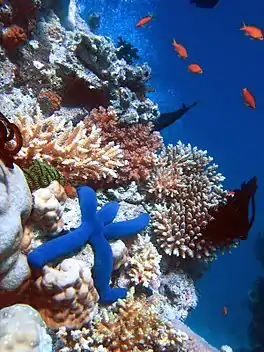 An ecosystem (or ecological system) consists of all the organisms and the physical environment with which they interact. These biotic and abiotic components are linked together through nutrient cycles and energy flows. Energy enters the system through photosynthesis and is incorporated into plant tissue. By feeding on plants and on one another, animals play an important role in the movement of matter and energy through the system. They also influence the quantity of plant and microbial biomass present. By breaking down dead organic matter, decomposers release carbon back to the atmosphere and facilitate nutrient cycling by converting nutrients stored in dead biomass back to a form that can be readily used by plants and microbes. Ecosystems are controlled by external and internal factors. External factors such as climate, parent material which forms the soil and topography, control the overall structure of an ecosystem but are not themselves influenced by the ecosystem. Internal factors are controlled, for example, by decomposition, root competition, shading, disturbance, succession, and the types of species present. While the resource inputs are generally controlled by external processes, the availability of these resources within the ecosystem is controlled by internal factors. Therefore, internal factors not only control ecosystem processes but are also controlled by them. (Full article...)Selected image -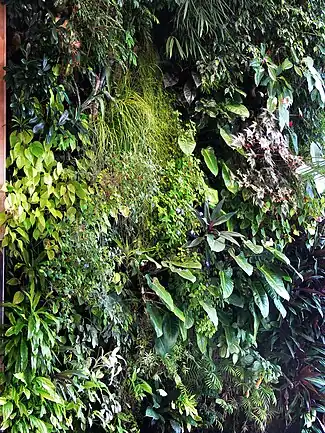 General imagesThe following are images from various ecology-related articles on Wikipedia.
Related WikiProjectsWikiProject Ecology
Things you can do
|
| “ | Nearly 97% of the world's water is salty or otherwise undrinkable. Another 2% is locked in ice caps and glaciers. Only 1% can be used for all agricultural, residential, manufacturing, community and personal needs. | ” |
—American Water Works Association, National Drinking Water Week |
Ecology news
- April 23: European Union to reduce carbon emissions by 55% of 1990 levels by 2030
- November 27: Wikinews interviews Craig Farquharson, Liberal Democrat candidate for 2020 Groom by-election
- November 27: Wikinews interviews Sandra Jephcott, Sustainable Australia candidate for 2020 Groom by-election
- December 14: Greta Thunberg named 2019 Time Person of the Year
- November 23: Researchers break down deaths due to power plant pollution in the United States
- November 21: Slippery business: Materials scientists invent new coating for self-cleaning, water-efficient toilets
- October 19: Northern Arapaho Tribe welcomes buffalo herd in Wyoming, United States
- October 12: Scientists describe how 'upside-down rivers' of warm water break Antarctica's ice shelf
- October 5: Voracious fish defend coral reefs against warming, say scientists
- September 8: Scientists report skyrocketing phytoplankton population in aftermath of Kīlauea eruption
- November 5, 2009: "New ocean forming in African desert."
Selected publication -
The Journal of Ecology is a bimonthly peer-reviewed scientific journal covering all aspects of the ecology of plants. It was established in 1913 and is published by Wiley-Blackwell on behalf of the British Ecological Society. The Journal of Ecology publishes papers on plant ecology (including algae) in both terrestrial and aquatic ecosystems. In addition to population and community ecology, articles on biogeochemistry, ecosystems ecology, microbial ecology, physiological plant ecology, climate change, molecular genetics, mycorrhizal ecology, and the interactions between plants and organisms such as animals or bacteria, are published regularly. (Full article...)
Related portals
More did you know -
Related articles
Associated Wikimedia
The following Wikimedia Foundation sister projects provide more on this subject:
-
 Commons
Commons
Free media repository -
 Wikibooks
Wikibooks
Free textbooks and manuals -
 Wikidata
Wikidata
Free knowledge base -
 Wikinews
Wikinews
Free-content news -
 Wikiquote
Wikiquote
Collection of quotations -
 Wikisource
Wikisource
Free-content library -
 Wikiversity
Wikiversity
Free learning tools -
 Wiktionary
Wiktionary
Dictionary and thesaurus
Web resources
-
 List of all portalsList of all portals
List of all portalsList of all portals -
 The arts portal
The arts portal -
 Biography portal
Biography portal -
 Current events portal
Current events portal -
 Geography portal
Geography portal -
 History portal
History portal -
 Mathematics portal
Mathematics portal -
 Science portal
Science portal -
 Society portal
Society portal -
 Technology portal
Technology portal -
 Random portalRandom portal
Random portalRandom portal -
 WikiProject PortalsWikiProject Portals
WikiProject PortalsWikiProject Portals
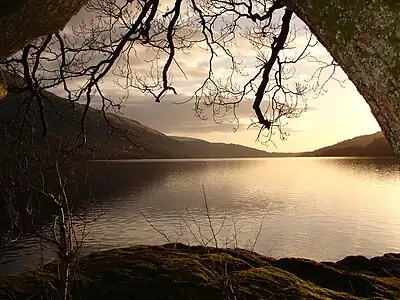
.JPG.webp)
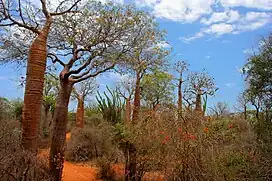
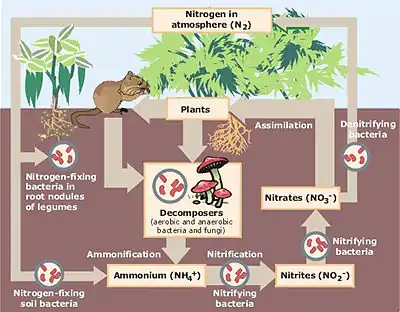
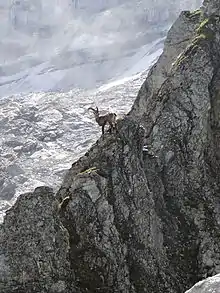
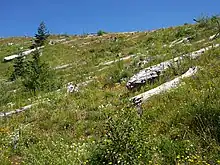
_peeking_from_a_leaf_hole_of_an_Alnus_nepalensis_tree_(cropped).jpg.webp)
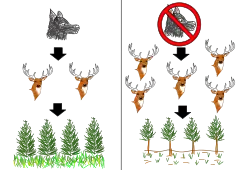
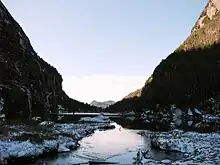
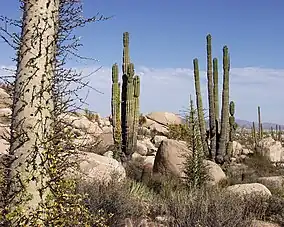

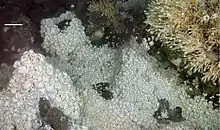
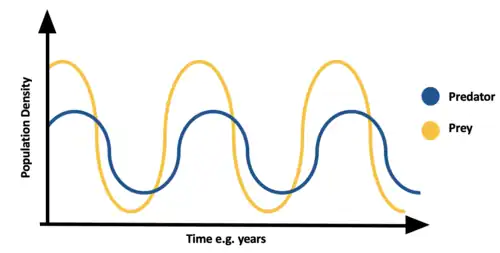
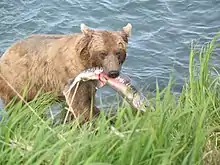
_18.jpg.webp)
.jpg.webp)
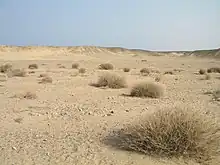
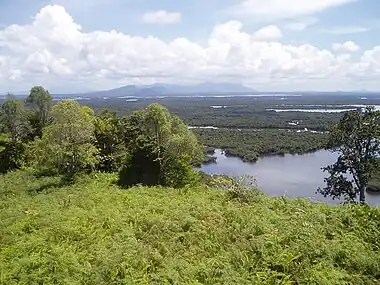
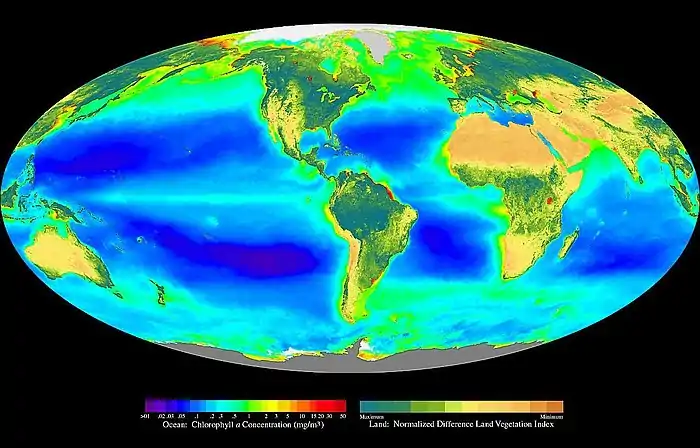


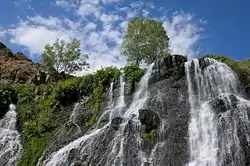
.jpg.webp)
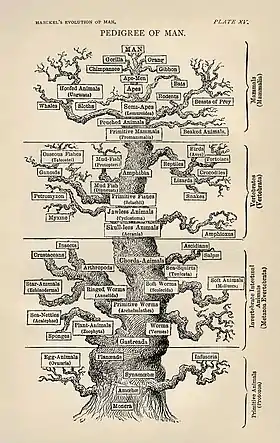
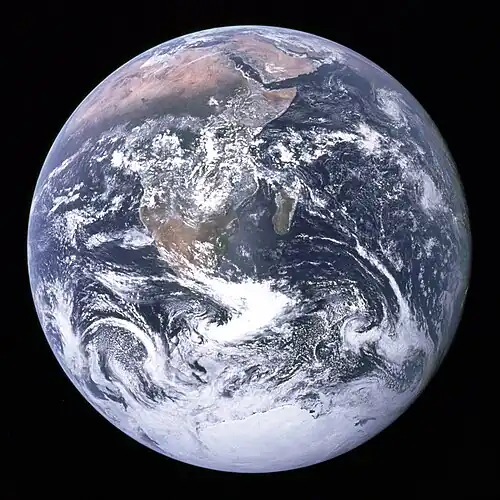
.jpg.webp)